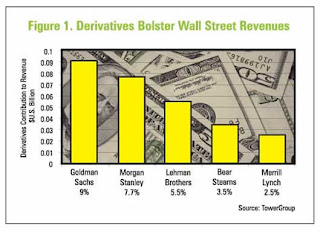
(AP) - Applications for U.S. home loans fell 3.9 percent last week as mortgage rates climbed, an industry group said Wednesday.The Mortgage Bankers Association said its weekly mortgage index, which measures the volume of applications for loans to buy or refinance homes, fell to 618.6 for the week ending June 22. That's down 3.6 percent from the previous week but up 16.3 percent from the year-earlier week.The MBA said that applications were down for both refinancing mortgages and for new home loans.The average rate on 30-year, fixed-rate mortgages has risen by about one-half percentage point in recent weeks to 6.69 percent in the most recent Freddie Mac survey. Generally, higher rates mean that borrowers are able to qualify for smaller loans.The MBA's mortgage application index, which stood at 100 in March 1990, measures the number of home loan applications in a given week and is derived from a survey of major mortgage lenders, representing about half of the U.S. market. It does not include loans originated by nonbank lenders.Last summer, the index sank to its lowest level since 2002 and has fluctuated this year.Mortgage lenders have been tightening lending criteria in recent months after a surge in defaults and foreclosures. Lenders catering to home buyers with weak, or subprime, credit, have seen a spike in loan defaults, and many have gone bankrupt or sold off their subprime businesses.The median price of an existing home sold last month fell to $223,700, down 2.1 percent from a year ago, the 10th-straight price decline year-over-year, the National Association of Realtors reported Monday. And the Commerce Department reported Tuesday that sales of new homes fell in May for the fourth time in the past five months.Copyright 2007 Associated Press. All rights reserved. This material may not be published, broadcast, rewritten, or redistributed.









